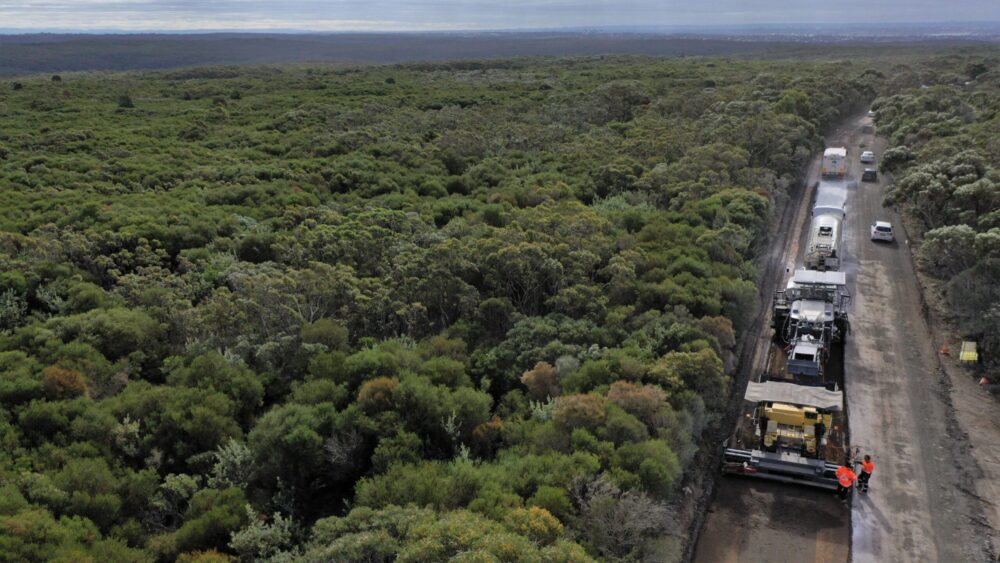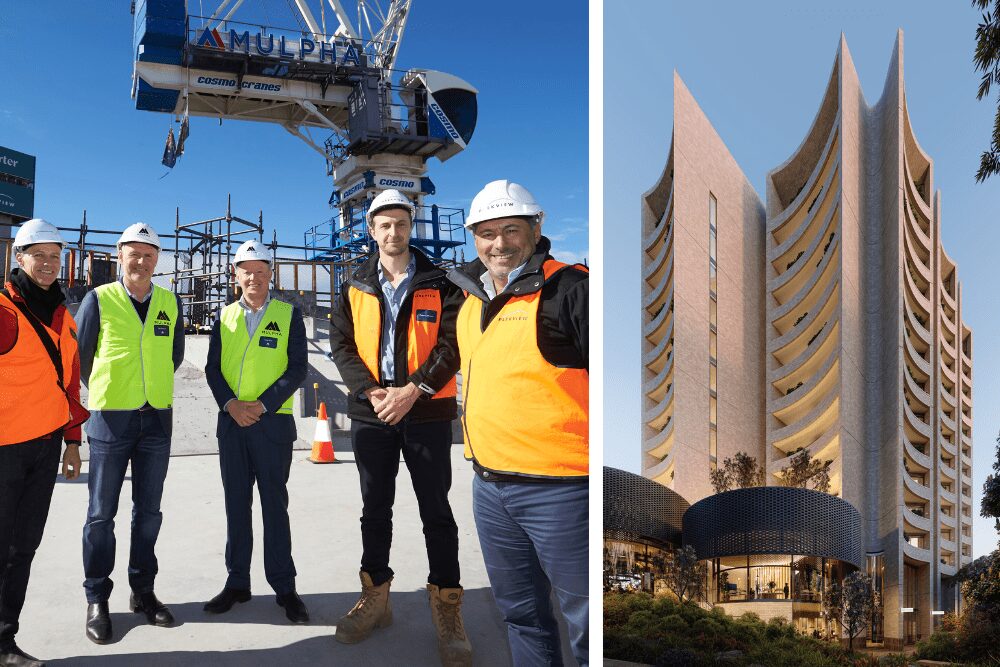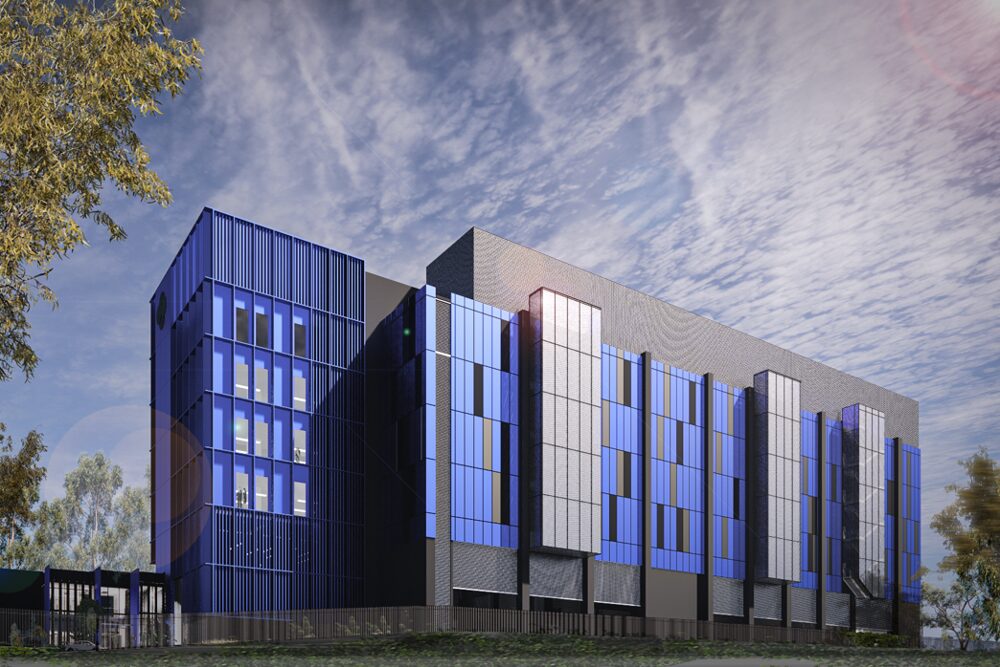
Sutherland Shire Council has recently rolled out an innovative new road construction project, becoming the first Council in Sydney to trial a new recycled road paving technique which promises major benefits for the environment.
Under the trial, Sutherland Shire Council has employed an innovative new road construction methodology, which recycles existing road surfaces by reapplying them as part of ‘foamed asphalt’ mix, employing specialised machinery to complete the process in a single pass.
Sutherland Shire Mayor, Councillor Carmelo Pesce, said that if successful it had extraordinary potential to be used more extensively around Australia.
“With the ‘foamed asphalt’ technique adopted for our Bundeena Drive roadworks, it allowed us to upgrade this stretch of road in a more cost-effective, faster and more environmentally friendly way. There is obviously significant scope for it to be applied elsewhere.”
Not only did the completed Bundeena Drive roadworks see the road quickly recycled and rehabilitated, but it was also widened from 6 metres to 10 metres – allowing for the inclusion of a 1.8-metre wide cycle lane either side of the road.
This simultaneous road widening capacity was another key advantage and reason for Council electing to use this new process.
The foamed asphalt road construction methodology has so far only been trialled by a select number of Councils around Australia, but has been used more extensively in the US, the UK, Germany and other parts of Europe.
Among the major benefits is the efficient recycling of the existing road surface, which prevents in excess of 80 per cent of this valuable construction material from becoming landfill, and an associated reduction in greenhouse gas emissions generated during the construction process by over 50 per cent.
Stabilised Pavements Australia, who completed the works in partnership with Council, proposed this innovation as part of a recent tender, is the first construction firm in Australia to embrace the innovative road construction process.











